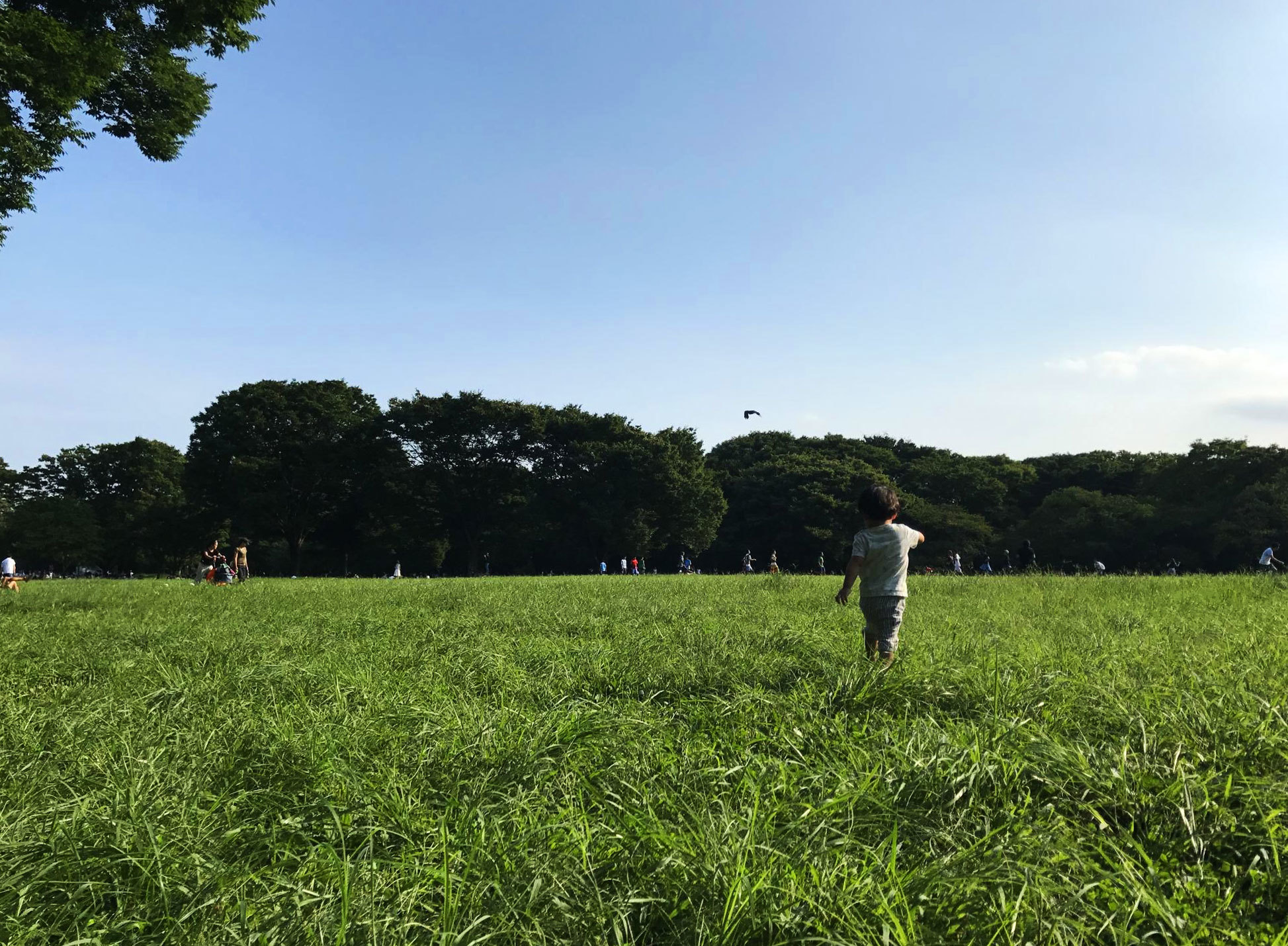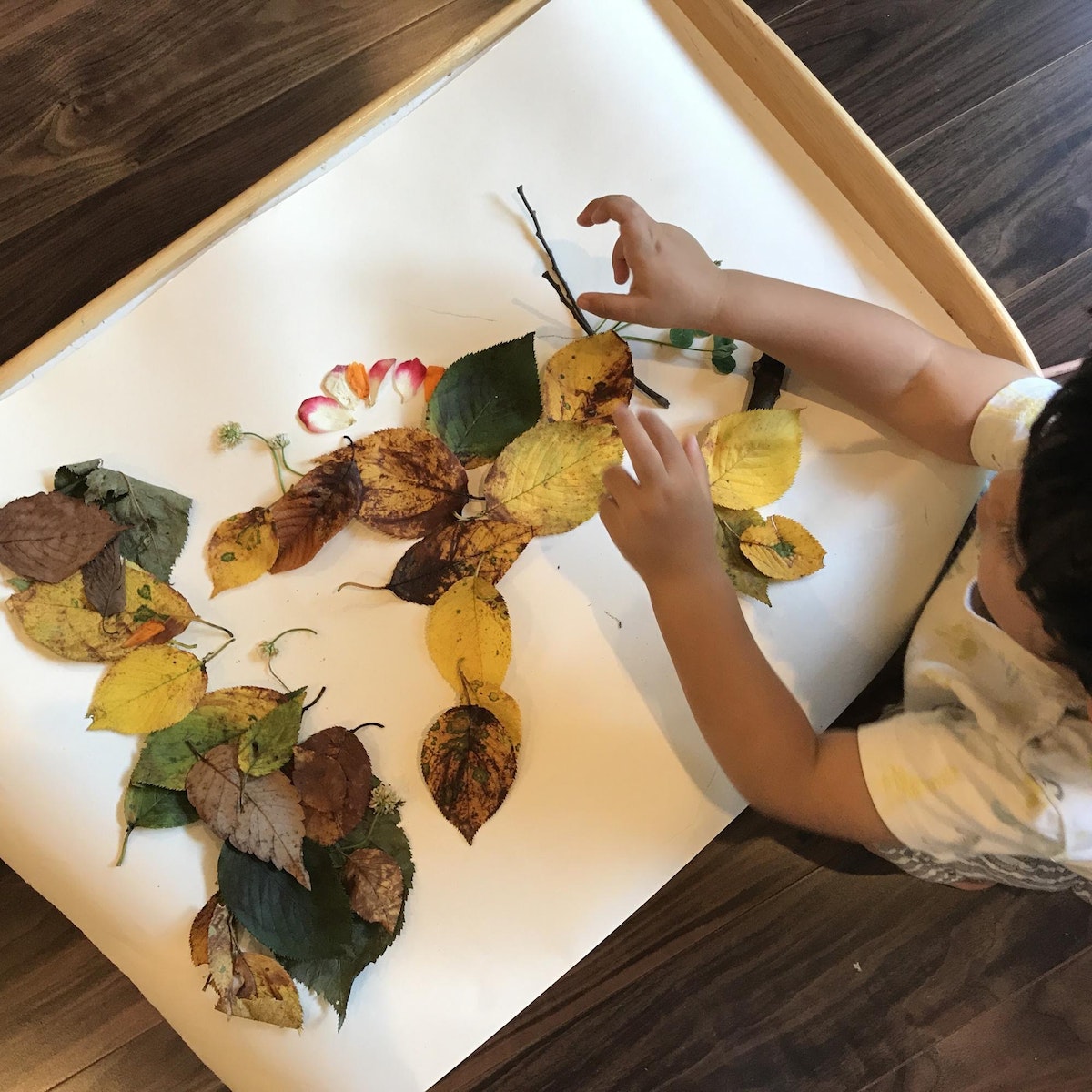3 Creative Lessons to Learn From Our Kids

Since I started my life with my son, the way I plan my day has totally changed. He’s an imaginative child who talks to invisible friends and turns the bathtub into a racetrack. He loves to play, and he does not like to stop, even when I am in rush to get to a meeting or it’s already way past his bedtime.
To get him on board with what we need to do next, I turn all of our actions into play. When I want to leave the house quickly, I play "who can get a toy to take with us faster" game. When I want to put him to bed, I start “gotta sleep otherwise a monster will come and get you" play. It doesn’t always work like I want it to, but it’s still much easier to convince my son to move on to the next action of play, rather than asking him to follow my instructions.
Children develop skills through play. They repeat things when they’re fun, which helps them master things, and gives them the confidence to attempt the next challenge. This is the way we all grew up. But we tend to abandon that as adults.

As we get older, play starts to feel improper. We’re not supposed to be curious about things that are considered normal or ordinary in the world of adults. Sometimes, even something as simple as going to the movies can start to feel lazy; you have to start to push yourself to do things that are fun and without practical purpose.
In Japan, where I live, the pressure of the adult world is particularly strong, and people who are interested in things that no one else is interested in are often labeled as “Kuuki ga yomenai hito.” The exact translation is “people who can’t read the air.” It is widely used in the office environment when someone disagrees with others, or in casual conversation, if, say, you and your friends go to a restaurant and you are the only one who orders something different.
Because of this strong social pressure, we stop doing things just because we like them, and agree with others as much as possible to avoid standing out. Another Japanese proverb offers a similar sentiment: “The nail that sticks out gets hammered in.” In this kind of cultural environment, we start looking for the logical reasons for everything we do, and stop following our intuition.

Thanks to my son—and probably my job as a designer—I'm aware of that pressure and try not to be swayed by it. I’m a curious person. I would rather make time for playing or plotting small pranks—like putting googly eyes on street signs, playing connect the dots with a pen and the moles on my skin, or creating random D.I.Y. bento events with friends.

To keep my childlike impulses intact, I’ve made three rules for myself to stick to:
- Purposely do things without purpose. We are trained to make goals, meet deadlines, and get things done. Doing something with no end goal helps you listen to your instincts.
- It is OK to not understand. There are so many unknowns in this world, and you will not be able to understand everything, even when you are old and wise. Sometimes the way you feel is better than a definitive answer.
- Let yourself be a curious animal. We all are interested in different things—that is what makes the world interesting. No matter how weird or useless or off the wall your interest, embrace it.
Follow these basic creative principles and it will supercharge your imagination, allowing you to see the world in a more playful, childlike way. I know of no better way to set the stage for creativity, design, and inventing something new.
Words and art

Subscribe

.svg)







